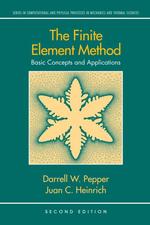Full Description
This book focuses on teaching and learning with mobile technologies, with a particular emphasis on school and teacher education contexts. It explains a robust, highly-acclaimed contemporary mobile pedagogical framework (iPAC) that focuses on three distinct mobile pedagogies: personalisation, authenticity and collaboration. The book shows how mobile pedagogical practice can benefit from use of this framework. It offers numerous cutting-edge research resources and examples that supplement theoretical discussions. It considers directions for future research and practice. Readers will gain insights into the potential of current and emerging learning technologies in school and teacher education.
Contents
1 Introducing the book.- Section 1 Learning in the mobile age.- 2 The digital landscape of education.- 3 Mobile learning - ubiquitous learning.- 4 Seamless learning or learning in the Third Space.- Section 2 Frameworks for understanding mobile learning.- 5 Mobile learning theories.- 6 Rationale for a mobile pedagogical framework.- 7 Evolution from MPF to iPAC.- Section 3 Methods of investigating mobile learning using iPAC.- 8 Development and use of the iPAC survey tools.- 9 Evaluating and selecting education apps using the iPAC rubric.- 10 Sentiment analysis using iPAC.- Section 4 Case studies and projects using iPAC.- 11 The development of a mobile learning toolkit.- 12 Optimising Science and Mathematics mobile learning.- 13 School based studies: Norway, Germany and the Netherlands.- 14 Designing and Evaluating Innovative Mobile Pedagogies (DEIMP).- 15 Teacher educators using iPAC.- Section 5 Future possibilities for mobile learning.- 16 Where to next?.- 17 What have we learned?.








